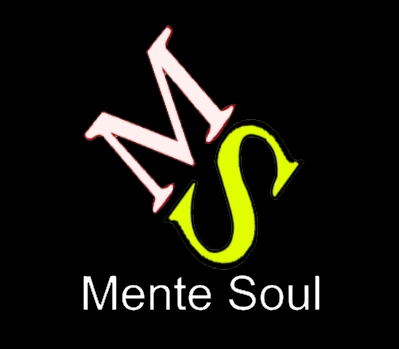Living with a Traumatic Brain Injury
Justin McCarthy-Contreras
Published March, 1, 2023
“Wow, you are doing so well. Remember when you couldn’t understand us?” This type of question is positive feedback when recovering from a traumatic brain injury (TBI), but loses impact to the survivor when repeated. Mente Soul discusses living with a traumatic brain injury for there are endless conflicts not visible to the eye. Try to recognize some dissimilarities it would cause in your own life.
Every TBI survivor has a different story to tell if they are able. 2.8 Million Americans experience TBIs every year. To read a brief input about Mente Soul’s go to Traumatic Accident and Contact for further explanation.

Referring to oneself or others as a TBI survivor is also debated. We all want unique and optimistic definitions. Some are more private than others and don’t like the lower connotations a term like “disability” gives them. Mentioning the words “TBI survivor” also contrasts with people who don’t discuss any of their brain trauma or personal health with others.
The Brain is not a Bone
I have a TBI.
“Oh, how long does that take to recover?”
Questions about recovery time are common for people who have little mental health education. This quote is likely after stating you have a TBI and explaining the acronym.
Frequently we hear about somebody injuring their leg or arm. A brain doesn’t represent a bone or a joint, this part of the body controls them. We try to find a similar story from our own lives to compare another’s traumatic experience.
“So this is like a concussion?”
There are different types of TBI ranging from mild (such as a concussion) to severe. Mild, moderate, and severe depend on the jolt’s impact on the head. Mente Soul’s TBI was severe which causes challenges throughout life.
We want strangers to understand, but often times don’t believe the audience has the time or cares to learn about a TBI. The endless amount of brain aspects can’t be summed into a couple of words. Oftentimes, we don’t want to start lecturing about our heads to a stranger either.
Answering a question may not even be possible for a TBI survivor which will be described later. Brain damage is a broad topic and dissimilar to any bone breaking.
Invisible Injury
“Look! That person parked in the handicapped parking space and walked into the store. No disability there.”
A wheelchair is a visible symbol of a disability, but most cannot be noticed. Well over half of the disabilities we have are mental. Comparing mental trauma to something like a previous bone injury is a mistake. Don’t begin assuming someone is fine when they could be suffering an invisible disability.
Judgments create bias in our lives. Nobody knows about another’s disability until irregular manners are experienced themselves. We can listen to remarks from family and close friends, but these may be twisted with their opinions too.
So you are fine now?
The brain doesn’t heal from point A to B in a straight line. TBI survivors will have recurring trauma throughout life based on their brain damage. Each survivor’s brain is unique. Therefore, an individual must ask the person if possible. Lists of symptoms to detect are below:
Physical Responses
Dizziness
Fatigue
Balance
Headaches
Vision Issues (blurred vision, distance or light sensitivity)
Hearing
Smell
Taste
Speech
Cognitive Problems
Short or long-term memory
Slow processing speed
Confusion
Impulsiveness
Slurred Speech
Concise speaking
Reading
Writing
Attention
Mood swings
Sleep difficulty
Chronic pain
Appetite
Irritability
Depression
Seizures
Sources:
Brain Injury Association of America. (2022). BIAA. https://www.biausa.org/public-affairs/public-awareness/brain-injury-awareness
